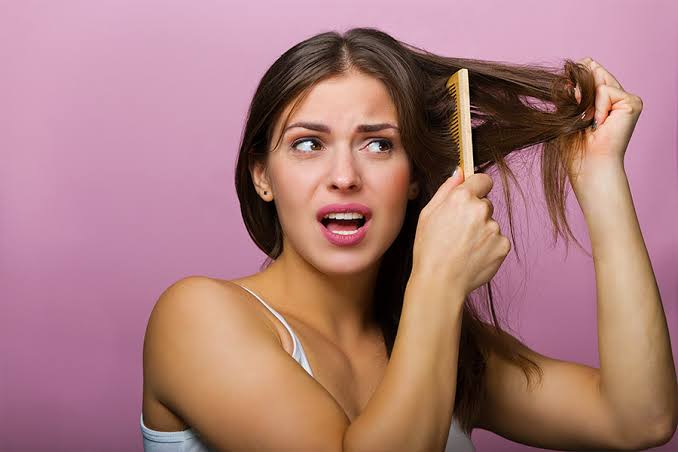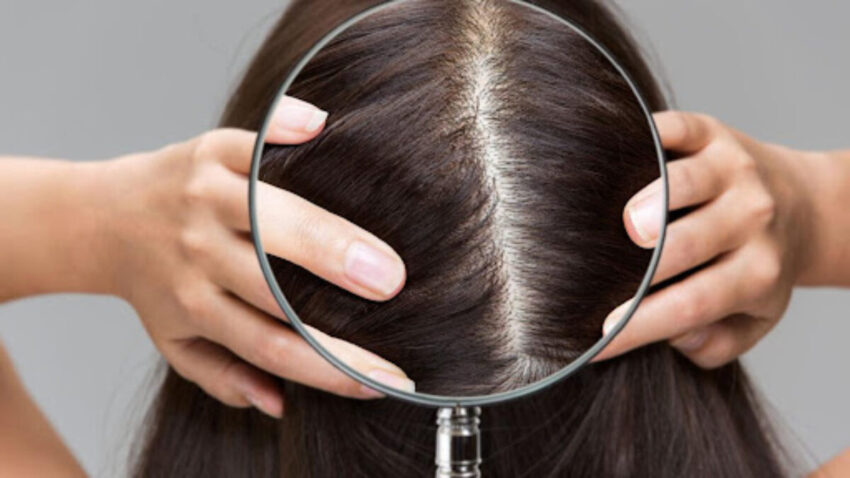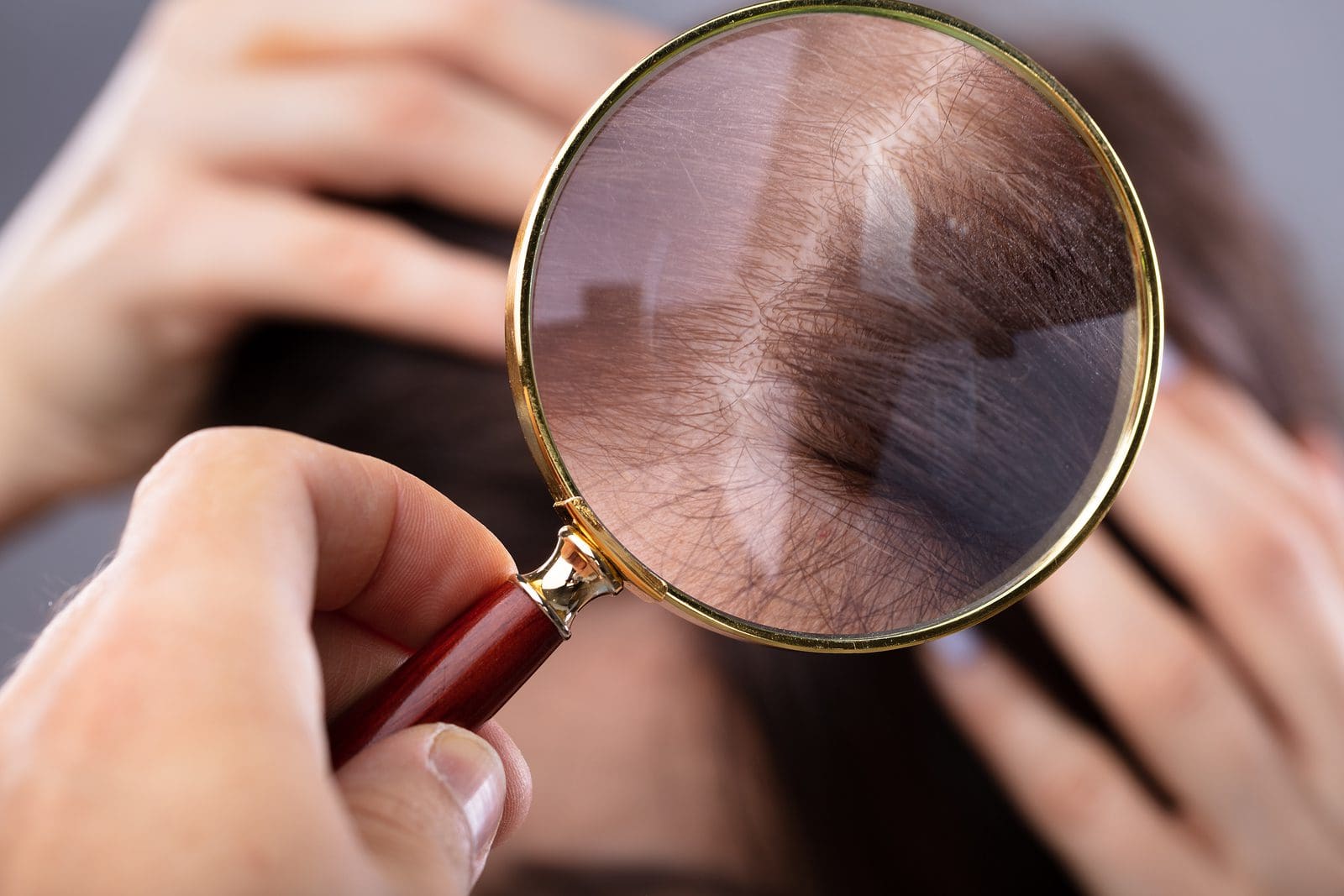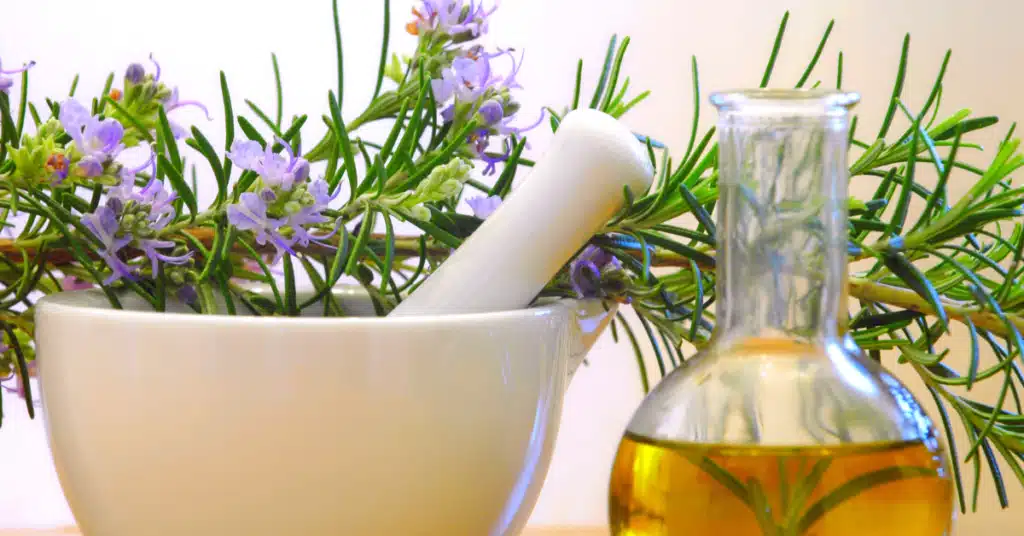10 Ways to Prevent Hair Fall Naturally
Experiencing hair fall? It’s a common concern affecting millions, and while genetics play a role, many factors contribute to thinning hair. At hairy.cartlab.web.id, we understand the frustration and are dedicated to providing you with effective solutions. This comprehensive guide explores ten natural ways to prevent hair fall, empowering you to regain your luscious locks and boost your confidence. We’ll delve into the science behind each method, offering practical tips and actionable steps to incorporate into your daily routine. Remember, consistency is key when it comes to hair health, so be patient and persistent in your efforts.
Hair fall can stem from various sources, including nutritional deficiencies, stress, hormonal imbalances, and harsh hair treatments. Understanding the root cause is the first step towards effective prevention. This article focuses on natural, holistic approaches that address multiple contributing factors simultaneously. We’ll explore dietary changes, lifestyle modifications, and gentle hair care practices to help you achieve healthier, fuller hair.
Ultimately, the journey to healthier hair involves a holistic approach – addressing both internal and external factors. This guide provides a roadmap to help you navigate the complexities of hair fall prevention, offering practical strategies that can be integrated seamlessly into your lifestyle. Let’s begin our journey towards stronger, more vibrant hair.

1. Nourish Your Hair From Within: The Power of Diet

A balanced diet rich in essential nutrients is the cornerstone of healthy hair growth. Hair follicles thrive on vitamins, minerals, and proteins. A deficiency in any of these can lead to thinning and breakage. Prioritize these key nutrients:
- Protein: The building blocks of hair, found in lean meats, fish, eggs, beans, lentils, and tofu.
- Iron: Crucial for oxygen transport to hair follicles. Good sources include spinach, red meat, and lentils.
- Zinc: Supports hair growth and repair. Found in oysters, pumpkin seeds, and chickpeas.
- Biotin (Vitamin B7): Essential for hair keratin production. Present in eggs, almonds, and sweet potatoes.
- Vitamin A: Promotes sebum production, keeping your scalp moisturized. Found in carrots, sweet potatoes, and spinach.
- Vitamin C: An antioxidant that protects hair follicles from damage. Rich sources include citrus fruits, berries, and peppers.
Incorporating these nutrient-rich foods into your daily diet can significantly improve hair health and reduce hair fall. Remember to consult a doctor or registered dietitian for personalized dietary advice.
2. Gentle Scalp Massage: Stimulating Hair Growth

A regular scalp massage can stimulate blood circulation to the hair follicles, promoting hair growth and strengthening existing strands. The increased blood flow delivers essential nutrients and oxygen to the follicles, encouraging healthy growth.
- How to massage: Use your fingertips to gently massage your scalp in circular motions for 5-10 minutes daily. You can use a nourishing hair oil for added benefits.
- Frequency: Aim for daily or at least 3-4 times a week for optimal results.
- Benefits: Improves blood circulation, reduces stress, and can help with dandruff.
3. Stress Management: A Holistic Approach

Chronic stress can significantly impact hair health, leading to increased hair fall. Stress hormones disrupt the hair growth cycle, causing premature hair shedding. Effective stress management techniques are crucial for maintaining healthy hair.
- Yoga and Meditation: Proven to reduce stress and promote relaxation.
- Deep Breathing Exercises: A simple yet powerful technique to calm the nervous system.
- Sufficient Sleep: Aim for 7-8 hours of quality sleep per night to allow your body to repair and rejuvenate.
- Hobbies and Relaxation Activities: Engage in activities you enjoy to de-stress and unwind.
4. Herbal Remedies: Harnessing Nature’s Power

Many herbs possess properties that promote hair growth and prevent hair fall. These can be incorporated into your hair care routine in various ways.
- Amla (Indian Gooseberry): Rich in Vitamin C and antioxidants, strengthens hair and promotes growth. Can be consumed or applied topically.
- Bhringraj: Known for its hair-growth stimulating properties. Often used in Ayurvedic hair oils.
- Brahmi: Helps improve blood circulation to the scalp, promoting hair growth and reducing hair fall.
You can find these herbs in various forms – oils, powders, and capsules. Consult an Ayurvedic practitioner for personalized recommendations.
5. Avoid Harsh Chemical Treatments: Protecting Your Hair

Excessive use of harsh chemicals like those found in hair dyes, relaxers, and perms can damage hair follicles, leading to breakage and hair fall.
- Minimize Chemical Treatments: Reduce the frequency of chemical treatments or opt for gentler alternatives.
- Natural Hair Colors: Consider using natural hair colors like henna instead of chemical dyes.
- Gentle Hair Products: Choose sulfate-free and paraben-free shampoos and conditioners to minimize damage.
For tips on strengthening weak hair, check out our article: 10 Ways to Strengthen Weak Hair.
6. Proper Hair Care Techniques: Gentle Handling

Rough handling of hair can lead to breakage and hair fall. Adopt gentle hair care practices to minimize damage.
- Avoid Tight Hairstyles: Avoid hairstyles that pull on the hair, such as tight ponytails or braids.
- Gentle Brushing: Use a wide-toothed comb and brush gently to avoid pulling or breaking hair.
- Avoid Over-Washing: Washing your hair too frequently can strip it of its natural oils, leading to dryness and breakage. Aim for 2-3 times a week.
7. Essential Oils: Nourishing Scalp and Hair

Certain essential oils possess properties that promote hair growth and scalp health. These can be added to your hair oil or shampoo for added benefits.
- Rosemary Oil: Stimulates hair follicles and improves blood circulation.
- Lavender Oil: Soothes the scalp and reduces inflammation.
- Tea Tree Oil: Has antifungal and antibacterial properties, helpful for dandruff and scalp infections.
Always dilute essential oils with a carrier oil like coconut or jojoba oil before applying them to your scalp.
8. Hydration: Internal and External

Hydration is crucial for overall health, including hair health. Dehydration can lead to dry, brittle hair, making it more prone to breakage and fall.
- Drink Plenty of Water: Aim for at least 8 glasses of water per day.
- Moisturizing Hair Masks: Use moisturizing hair masks regularly to keep your hair hydrated.
- Conditioning Regularly: Use a good conditioner after every wash to keep your hair soft and manageable.
9. Regular Trimming: Removing Damaged Ends

Regular trims are essential to prevent split ends from traveling up the hair shaft, causing breakage and further hair loss.
- Frequency: Get your hair trimmed every 6-8 weeks to remove split ends and keep your hair healthy.
- Benefits: Prevents split ends from traveling up the hair shaft, leading to healthier, stronger hair.
10. Consult a Dermatologist or Trichologist: Seeking Professional Advice

If you are experiencing excessive hair fall, it’s crucial to consult a dermatologist or trichologist. They can help determine the underlying cause of your hair loss and recommend appropriate treatment options. They can rule out underlying medical conditions and provide personalized advice. Don’t hesitate to seek professional help if you’re concerned about your hair loss. If you’re interested in creative hair styling, check out our article on 12 Ways to Style Galaxy Hair, or if you have short hair, see our Tips to Style Short Hair for Volume.
Conclusion
Implementing these 10 Ways to Prevent Hair Fall Naturally can significantly improve your hair health and reduce hair fall. Remember that consistency and patience are key. By adopting a holistic approach that encompasses diet, lifestyle, and hair care practices, you can achieve stronger, healthier, and more vibrant hair. For more detailed information and personalized guidance, visit our comprehensive guide: 10 Ways to Prevent Hair Fall Naturally. Remember to consult with a healthcare professional if you have persistent concerns about hair loss.









Comments